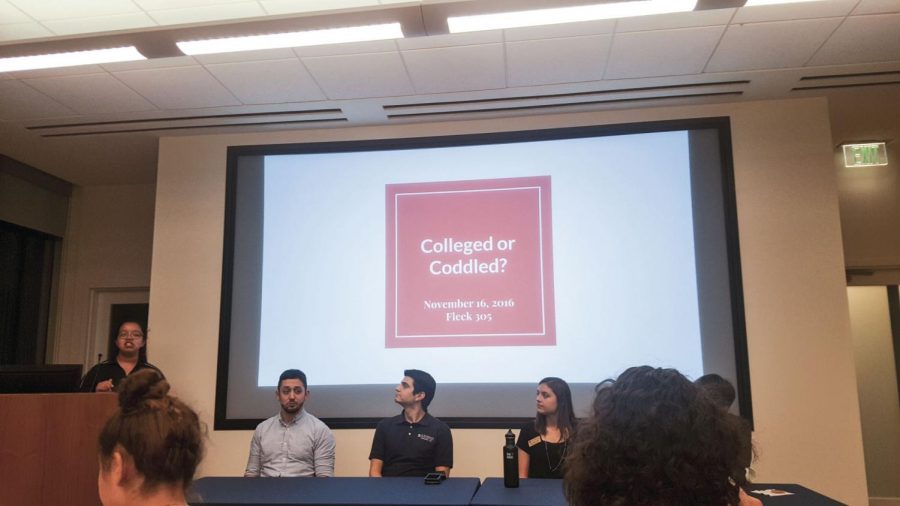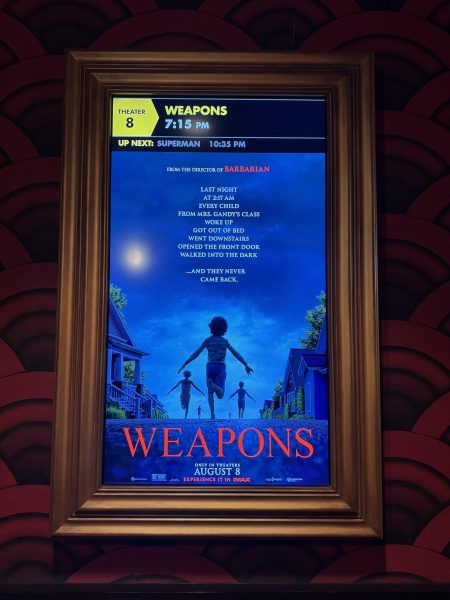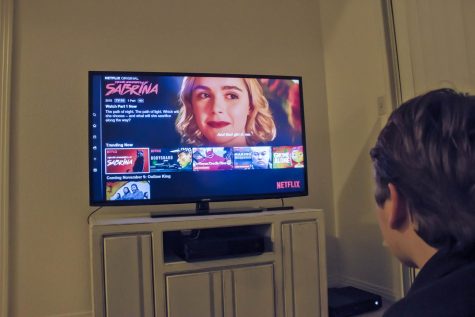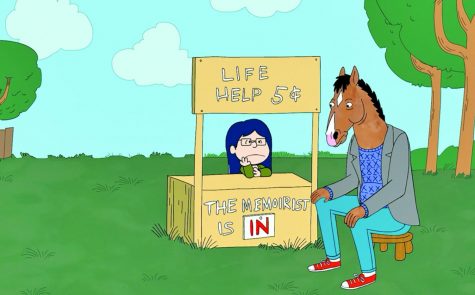Colleged or Coddled: Multicultural Leadership Board hosts open dialogue
Social Justice Coordinator Carolina Avila leads panelists from the St. Edward’s community in the discussion on college coddling.
The Multicultural Leadership Board presented an engaging conversation on the coddling of college students in today’s institutions in the event, “Colleged or Coddled?” on Nov. 16.
Carolina Avila, the Social Justice Coordinator of the Multicultural Leadership Board, posed questions to four panelists from a variety of college leadership positions.
Among panelists were Jenna Parro, the Wellness & Outreach Coordinator for the Health and Counseling Center, Clint Carrens, the Residence Director of Teresa Hall, James Thomas, a St. Edward’s advisor for Management and Business, and Mike Balsan, a graduate research assistant at UT Austin.
The first subject they touched on centered around trigger warnings and whether they serve a functional or dysfunctional purpose in the coddling of college students.
Parro advocated for trigger warnings and safe spaces, explaining how the two strategies are important in dealing with trauma.
“I think that trauma can be really real for people,” Parro said. “Trigger warnings and safe spaces can be really important to help work through some of that trauma.”
The necessity of the implementation of trigger warnings was further solidified by Carrens as he exemplified more benefits than harm.
“Safe spaces are not meant to shield us from every single thing that could possibly do us harm,” Carrens said. “It’s meant to prepare us with a good environment where we can take on those things in a productive manner.”
Balsan also ingrained the vitality of trigger warnings through a metaphor to help those understand the subject’s usefulness and to create more empathy.
“If you had a peanut allergy and were eating a box of cereal and it didn’t have a label on it, and you ate that cereal and died everyone would have a problem with that,” Balsan said. “We can do the same thing with conversations around very traumatic experiences.”
Balsan went on to explain that not prefacing these potentially triggering conversations is counterproductive to success in college.
“You can’t study, you can’t learn if you feel like you’re having a heart attack,” Balsan said.
Parro concluded the subject by referencing an article by The Atlantic that she read earlier, “The Coddling of the American Mind,” which discusses how avoiding one’s anxieties inhibits personal growth.
Parro understood this point of view, however, she still stressed the effectiveness of the tool.
“I think it’s important to strike a balance and not overuse the tools, but use them for what they’re effective for,” Parro said.
The next subject dealt with competitiveness to succeed in every realm in college, and how this affects the health of the college student. Thomas stressed the importance of taking a moment to regularly digress from studies.
“Have a day to just step away from your books for a minute,” said Thomas. “Have a day to just sort of say, ‘You know what I am? I’m not just a student, I’m not just this intern here—I’m also a human being.’”
Thomas showed that the more that students try to fill up their schedule, the less benefit from their experiences: “The more you try to cram things in, the less you’re going to get out of it.”
The panel ended the discussion by explaining that college students aren’t alone in their mental struggles.
“Understand within yourself if you’re suffering through depression or anxiety, or just feeling overwhelmed, that these are very common things to go through and that you’re not alone,” Carrens said.











